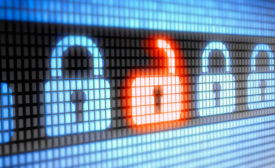Web Exclusive Stories
1 v. 100,000,000,000: The Odds Favor Phishing (But They Don't Have To)
Read More
Ransomware and Data Breaches Force Doctors, Lawyers and Employees to Address Cybersecurity
Will the Panama Papers and Ransomware Deliver a Cyber Wake-Up Call for Employees?
April 29, 2016
Sign-up to receive top management & result-driven techniques in the industry.
Join over 20,000+ industry leaders who receive our premium content.
SIGN UP TODAY!Copyright ©2024. All Rights Reserved BNP Media.
Design, CMS, Hosting & Web Development :: ePublishing









